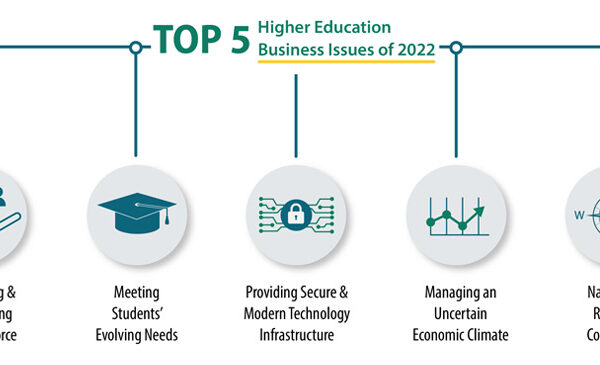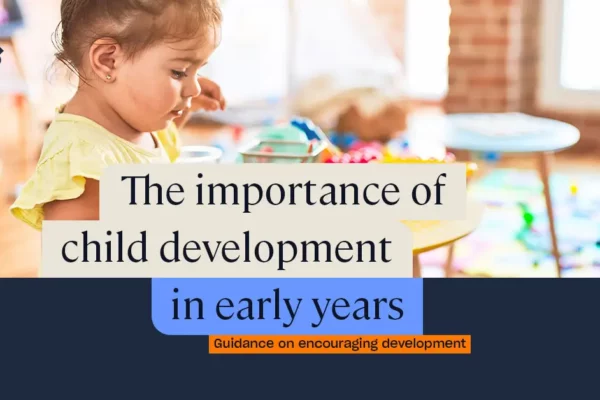Introduction to early childhood education
As a parent, I have always believed in the importance of providing my child with a solid educational foundation. I understand that the early years of a child’s life are crucial for their overall development, and one aspect that I have come to realize is the significance of early childhood education in English. Early childhood education refers to the formal or informal education that children receive from birth to the age of eight. It is during these years that children develop the fundamental skills and knowledge that will shape their future academic success. In this article, I will explore the benefits of early childhood education in English and discuss various strategies for implementing it effectively.
The benefits of early childhood education in English
Early childhood education in English offers numerous benefits to children. Firstly, it provides them with a strong foundation for language development. During the early years, children’s brains are like sponges, absorbing information at an astonishing rate. By exposing them to English at this stage, we can help them develop strong language skills that will benefit them throughout their lives. Research has shown that children who are exposed to a second language at an early age have better cognitive skills, improved problem-solving abilities, and enhanced creativity.
Secondly, early childhood education in English promotes social and emotional development. By interacting with teachers and peers in an English-speaking environment, children learn valuable social skills such as communication, cooperation, and empathy. They also develop emotional resilience and self-regulation, which are essential for their overall well-being. Furthermore, learning English from an early age opens doors for global opportunities and cultural understanding, as English is widely spoken and serves as a lingua franca in many parts of the world.

The role of language development in early childhood education
Language development plays a crucial role in early childhood education. It is through language that children express their thoughts, emotions, and ideas. By providing them with a strong foundation in English, we enable them to communicate effectively and confidently. Language development also enhances cognitive abilities such as memory, attention, and problem-solving. When children are exposed to English at an early age, they learn to think in multiple languages, which in turn strengthens their cognitive flexibility and creativity.
In addition to cognitive and communication skills, language development also fosters social and emotional growth. Children who can express themselves clearly are more likely to form positive relationships and engage in meaningful interactions with others. They are better equipped to share their feelings, resolve conflicts, and understand different perspectives. Language development also contributes to the development of literacy skills, including reading, writing, and comprehension, which are essential for academic success.
The impact of early childhood education on cognitive development
Early childhood education in English has a significant impact on cognitive development. During the early years, children’s brains are rapidly developing, and they are highly receptive to learning. By providing them with stimulating and engaging educational experiences in English, we can enhance their cognitive abilities and lay a strong foundation for future academic success.
Research has shown that children who receive quality early childhood education perform better in school and have higher levels of academic achievement. They develop essential cognitive skills such as critical thinking, problem-solving, and creativity. Early childhood education also promotes executive functions such as self-control, working memory, and cognitive flexibility, which are crucial for academic and lifelong success.
Strategies for implementing early childhood education in English
Implementing early childhood education in English requires careful planning and consideration. Here are some strategies that can help ensure its effectiveness:
- Early exposure: Start exposing children to English from a young age through songs, rhymes, and simple conversations. Create a language-rich environment at home or in a childcare setting.
- Play-based learning: Incorporate play into the curriculum as it is a natural and effective way for children to learn. Provide them with opportunities for imaginative play, problem-solving, and social interactions in English.
- Interactive activities: Engage children in interactive activities such as storytelling, puppet shows, and group discussions. These activities not only develop their language skills but also foster their creativity and critical thinking abilities.
- Multisensory approach: Utilize a variety of sensory experiences, such as music, movement, and visual aids, to engage children in learning English. This approach appeals to different learning styles and enhances their overall learning experience.
The importance of play in early childhood education
Play is a vital component of early childhood education. It is through play that children learn about the world around them, develop their creativity, and acquire essential social and cognitive skills. Play-based learning allows children to explore, experiment, and make sense of their experiences. It fosters their curiosity, problem-solving abilities, and imagination.
In the context of early childhood education in English, play provides children with opportunities to practice their language skills in a meaningful and enjoyable way. Through pretend play, children engage in conversations, use vocabulary, and express ideas. They also learn to listen and respond to others, thereby developing their communication and social skills. Play-based learning in English also helps children build their confidence and self-esteem, as they are encouraged to take risks and make mistakes in a safe and supportive environment.
The role of parents and caregivers in supporting early childhood education in English
Parents and caregivers play a crucial role in supporting early childhood education in English. Here are some ways they can contribute to their child’s language development:
- Language modeling: Speak English to your child consistently and provide them with opportunities to hear and use the language. Use simple and clear language, and repeat words and phrases to reinforce learning.
- Read aloud: Read English books to your child regularly and engage them in discussions about the story. This helps develop their vocabulary, comprehension, and love for reading.
- Create a language-rich environment: Surround your child with English language materials such as books, toys, and games. Label objects in English and encourage your child to use English words in everyday situations.
- Engage in meaningful conversations: Talk to your child about their interests, experiences, and ideas. Ask open-ended questions and actively listen to their responses. This helps develop their language and communication skills.
Challenges and solutions in early childhood education in English
Implementing early childhood education in English can pose certain challenges. Here are some common challenges and possible solutions:
- Limited resources: Lack of resources, including qualified teachers and age-appropriate materials, can hinder the implementation of early childhood education in English. To overcome this, schools and parents can collaborate to create a resource-sharing network and utilize online resources and educational apps.
- Language barriers: Children from non-English-speaking backgrounds may face language barriers when learning English. Providing additional support, such as bilingual programs, English language support specialists, and culturally sensitive teaching materials, can help overcome these barriers.
- Socioeconomic disparities: Children from disadvantaged backgrounds may have limited access to quality early childhood education in English. Offering scholarships, subsidies, and community-based programs can help bridge this gap and ensure equal opportunities for all children.
Resources and tools for early childhood education in English
There are various resources and tools available to support early childhood education in English. Here are some examples:
- Books and literature: Access a wide range of English children’s books, storybooks, and educational literature to enhance language development and literacy skills.
- Educational apps and websites: Utilize interactive and engaging educational apps and websites that offer games, activities, and lessons in English for young children.
- Professional development programs: Teachers and caregivers can participate in professional development programs and workshops to enhance their knowledge and skills in early childhood education in English.










Comments on " The Importance of Early Childhood Education in English: Building a Strong Foundation" :